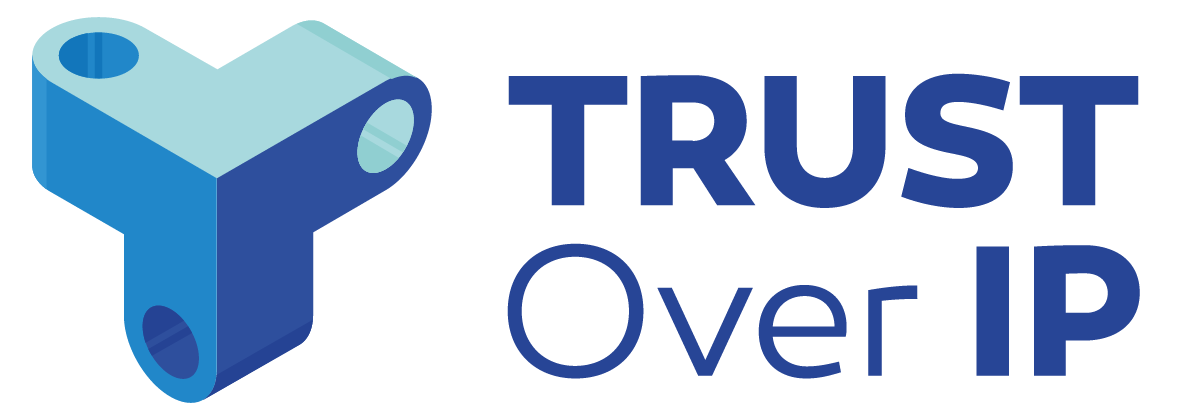
by Trinh Nguyen-Phan
The concept of an “ecosystem” has been increasingly adopted in data management, innovation, and business strategy. Yet, more often it is used metaphorically without a specific reference to the literature. As Socrates (470 – 399 B.C.) put it, “The beginning of wisdom is the definition of terms.” This is especially relevant to the ToIP Ecosystems Foundry Working Group (EFWG) because our very name is based on this term. So the EFWG has been working for over a year to deliver a white paper called Defining Digital Trust Ecosystems (PDF). The first version of this white paper has now been approved by the ToIP Steering Committee and we are pleased to announce its official release.
The white paper draws on the characteristics of natural ecosystems and human economies to propose a concrete definition of digital trust ecosystems. It also discusses the characteristics of digital trust ecosystems, the challenges of sustaining digital trust ecosystems, and the role of the ToIP Foundation.
Given that multiple disciplines use the term “ecosystem” with an implied reference to its biological root, the EFWG asked a biodiversity scientist, Dr. Autumn Watkinson, to introduce us to ecology as a discipline. Based on her talk, we saw many parallels to the work we do in the EFWG. Surveying the literature in biology, psychology, business strategy, and data management, we discovered interesting convergences and divergences of the concept of “ecosystems” in biology and other disciplines. Interconnectedness and competition are the two most referenced characteristics of natural ecosystems in other disciplines; whereas resilience, diversity, and the sustainability mechanism of natural ecosystems are by and large dismissed. This might be caused by the lack of understanding of what natural ecosystems entail, as the renowned forester and writer Wohlleben said in ‘The Hidden Life of Trees: What They Feel, How They Communicate’:
“The forest ecosystem is held in a delicate balance. Every being has its niche and its function, which contribute to the well-being of all. Nature is often described like that, or something along those lines; however, that is, unfortunately, false.”
– (Wohlleben, 2015, p. 113)
We suggested three lessons from nature:
- First, ecosystems must optimize the diversity of its membership.
- Second, ecosystems survive and thrive without clear-cut boundaries and no ecosystem is completely independent of others.
- Third, and most importantly, Digital Trust Ecosystems must have a built-in mechanism to counteract overexploitation.
As the Trust Over IP Foundation aspires to foster decentralized digital trust, these three lessons are particularly pertinent to support, facilitate, and sustain digital trust ecosystems. This applies not just within one ecosystem, but between different digital trust ecosystems. We believe that this work is fundamental to further work on designing ecosystems governance frameworks. We invite you to read the white paper, join the discussion of digital trust ecosystems, and examine the applications of these concepts to your related work.
Photo: Robynne Hu on Unsplash
